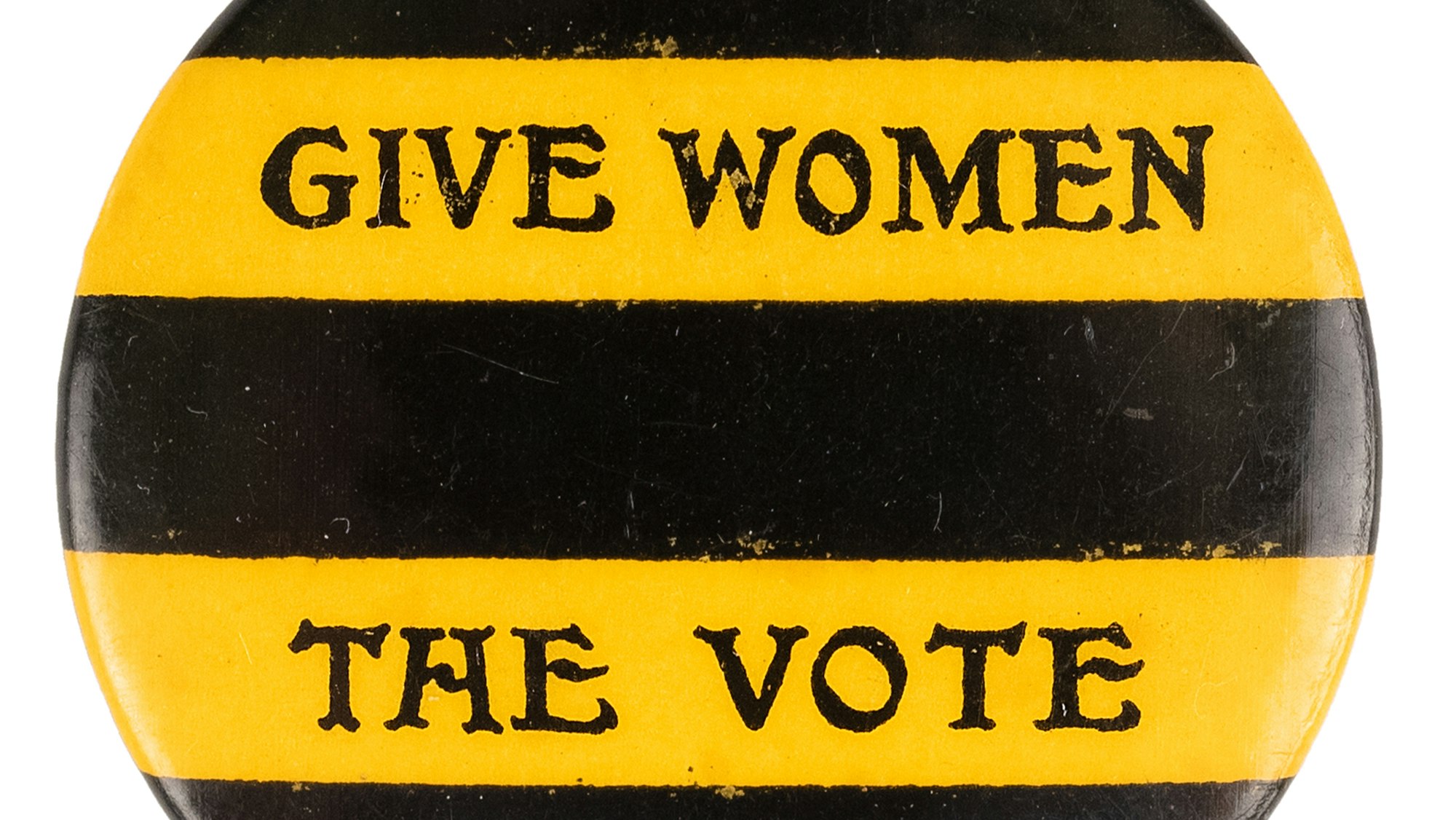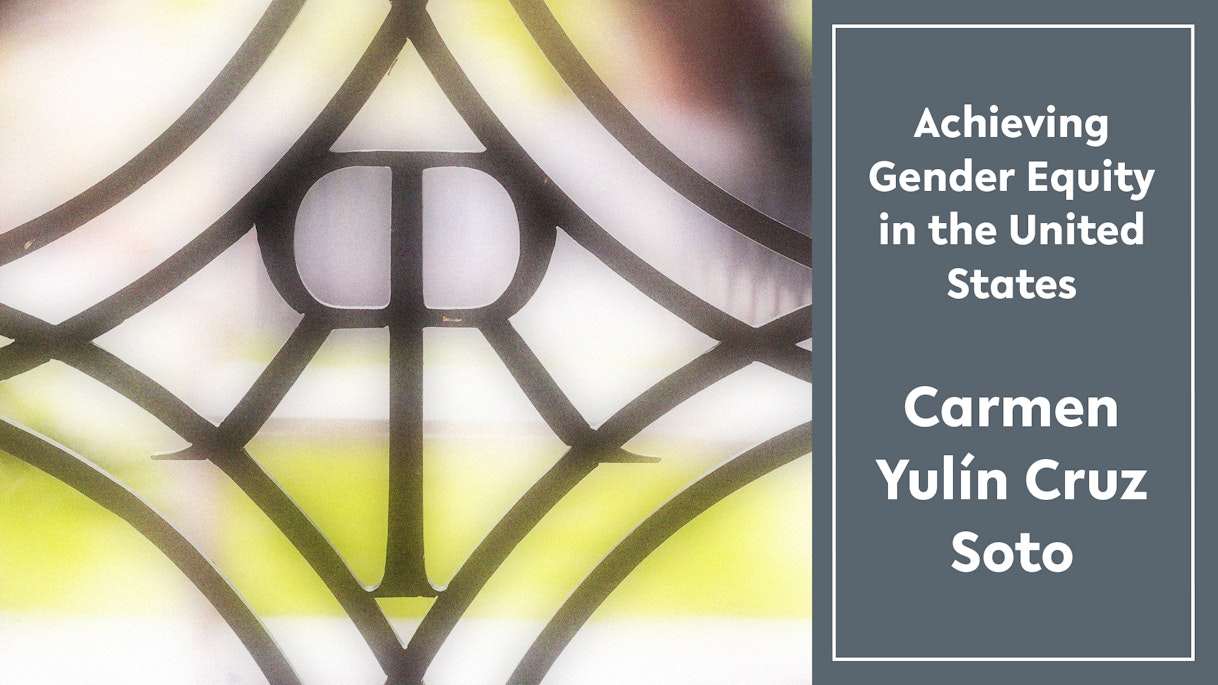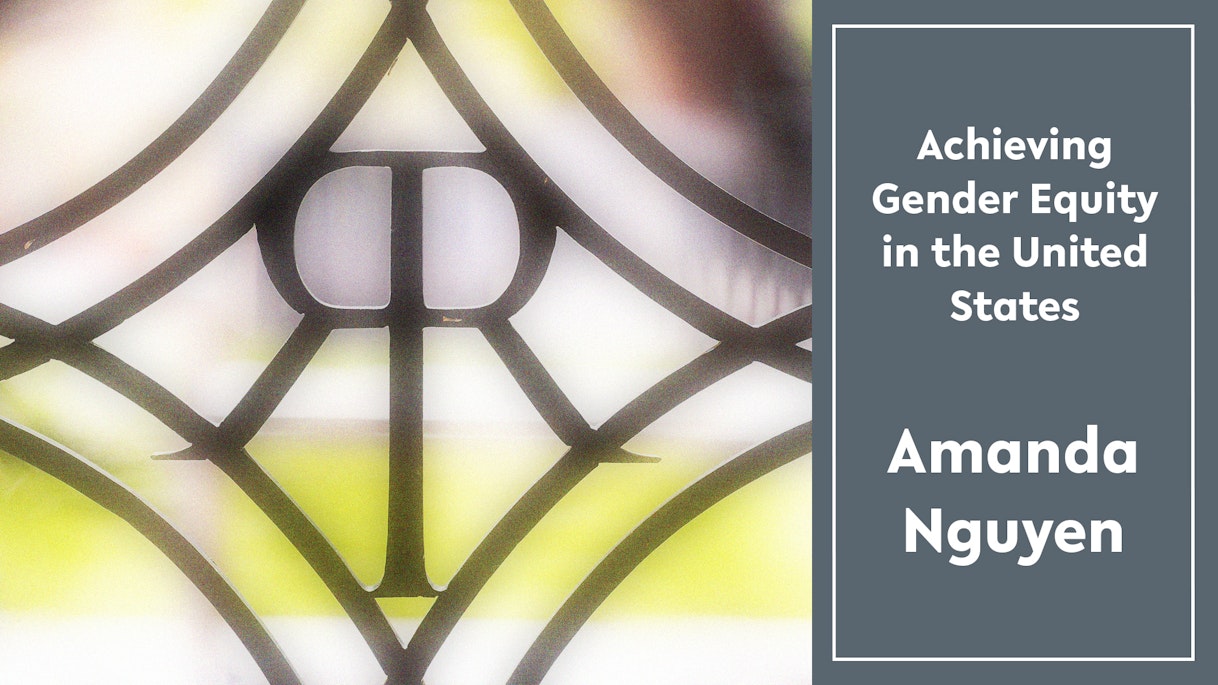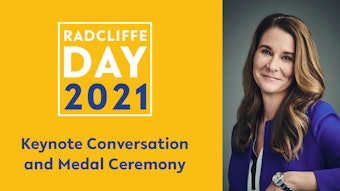Achieving Gender Equity in the United States

Our Achieving Gender Equity video series explores different strategies for increasing women’s power and influence in the United States.
On Radcliffe Day 2021—Friday, May 28—we will honor Melinda French Gates through a program on how best to achieve gender equity in the United States. It is a question at the forefront of Gates’s advocacy and philanthropy and one that continues to challenge scholars, policy makes, and practitioners.
We invited several leading figures representing diverse fields to offer their perspectives on the long and ongoing journey toward gender equality in the United States.
Margaret H. Marshall
Margaret H. Marshall is the 24th—and first woman—chief justice of the Massachusetts Supreme Judicial Court, and the recipient of the 2012 Radcliffe Medal, among many other honors. Marshall has been a champion of justice and equality throughout her life, including early in her career when she organized student protests against apartheid in South Africa.
Noting her own surprise at her answer to the question of how best to achieve gender equity, Marshall implores us to “defend our right to vote with everything we have.” Calling democracy an insufficient but “absolutely necessary” condition for achieving gender equity, she calls on women to “stand up, disrupt, fight” and, indeed, shame those who work to make voting more difficult.
Watch her video:

Claudia Goldin
**UPDATE (10/10/2023): On October 9, the Royal Swedish Academy of Sciences awarded the 2023 Nobel Prize in economics to Claudia Goldin “for having advanced our understanding of women’s labour market outcomes.” She is the first woman to earn a solo win of that prize. Goldin, the Henry Lee Professor of Economics at Harvard University and the first woman economist to gain tenure there, is the author of several books, including Career and Family: Women’s Century-Long Journey toward Equity and Understanding the Gender Gap: An Economic History of American Women.**
In celebration of Radcliffe Day and the 2021 medalist, Melinda Gates, Harvard Radcliffe Institute released a series of videos in which an interdisciplinary and politically diverse group of women leaders share their personal perspectives on how to accelerate women’s empowerment in the United States. Here, the economist Claudia Goldin, the 2005–2006 Katherine Hampson Bessell Fellow at Radcliffe, directs our attention to the interaction between the family and the marketplace. She explains the concept of couple inequity, a key driver of gender earnings gaps among heterosexual partners.
Watch her video:

Carmen Yulín Cruz Soto
Carmen Yulín Cruz Soto is the Harriet L. Weissman and Paul M. Weissman Distinguished Fellow in Leadership at Mount Holyoke College and former mayor of San Juan, Puerto Rico. She is the author of El Poder está en la Calle (Power is in the Street), serves on the board of directors of Annie’s List, and delivered the keynote address at Radcliffe’s 2019 conference “Unsettled Citizens.”
Yulín Cruz, like Margaret H. Marshall who contributed our first video in this series, emphasizes the power of the vote. Yulín Cruz calls for efforts to elect women “up and down the ballot,” but she also argues we must work to support women “in the classroom and in the boardroom,” and calls on us to “mobilize, organize, and strategize” to achieve policy outcomes that have lasting impact for women.
Watch her video:

Amanda Nguyen
Amanda Nguyen ’13 is the CEO and founder of Rise, a social movement accelerator that fights for the rights of sexual violence survivors worldwide. Nguyen played an instrumental role in securing the passage of the Survivors’ Bill of Rights Act of 2016—the 21st bill in modern US history to pass unanimously on the record. In 2019, she received the 24th Annual Heinz Award in Public Policy.
To achieve gender equity in the United States, Nguyen says, “we must invest in women of color,” and further notes that “the people who have the solutions to the most complicated problems are the people who live that problem every day.” She goes on to reflect on her experience seeking justice for survivors of sexual violence, saying that it showed her that “no one is invisible when we demand to be seen.”
Watch her video:

